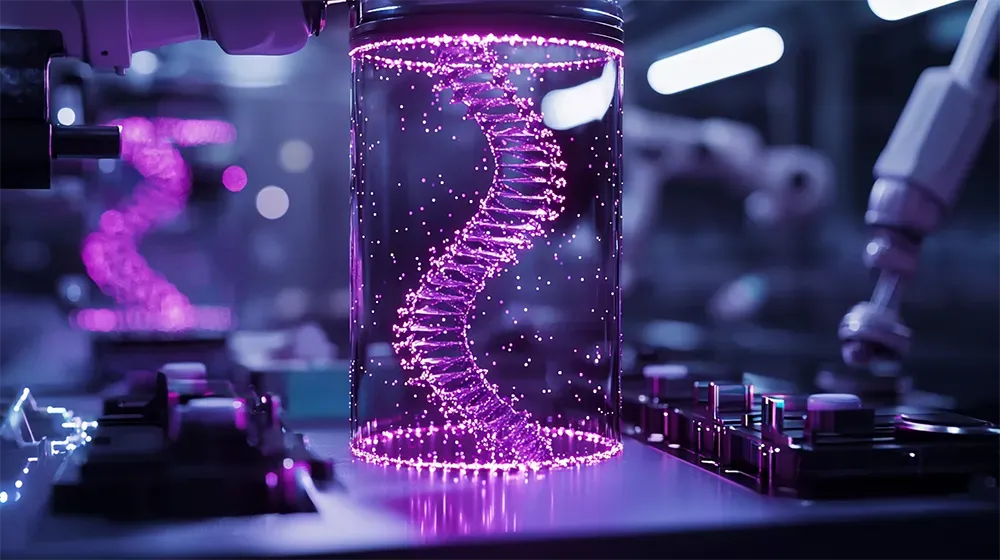AI Just Learned to Write DNA—What Could Go Wrong?

What happens when AI starts writing genomes from scratch? Evo-2, the largest biological AI model ever, just did exactly that.
While the possibilities are breathtaking, new medicines, synthetic organisms, better disease prediction, the risks are equally massive. Who controls this power, and where does it lead?
Evo-2, built by the Arc Institute, Stanford, and NVIDIA, has been trained on 128,000 genomes, allowing it to generate new DNA sequences and decode complex genetic patterns. It has already created synthetic yeast chromosomes, analyzed breast cancer mutations, and designed CRISPR tools.
Scientists hope it will help predict non-coding mutations, but its ability to fully construct functional genomes remains uncertain:
- Trained on 9.3 trillion DNA letters, making it the largest AI model for biology.
- Generates synthetic genomes, but they need further testing.
- Could revolutionize genetic medicine, but raises major ethical concerns.
If AI can now write life’s code, how do we ensure it’s used responsibly? Are we prepared for a world where genomes are designed, not just discovered?
Read the full article on Nature.
----
💡 We're entering a world where intelligence is synthetic, reality is augmented, and the rules are being rewritten in front of our eyes.
Staying up-to-date in a fast-changing world is vital. That is why I have launched Futurwise; a personalized AI platform that transforms information chaos into strategic clarity. With one click, users can bookmark and summarize any article, report, or video in seconds, tailored to their tone, interests, and language. Visit Futurwise.com to get started for free!






